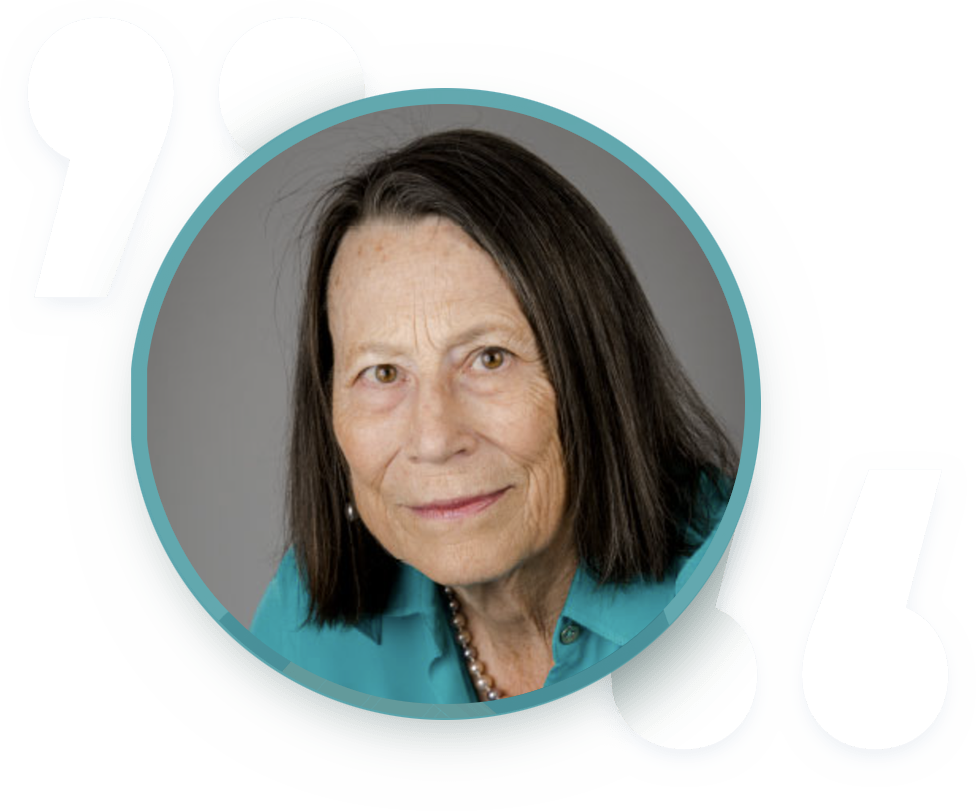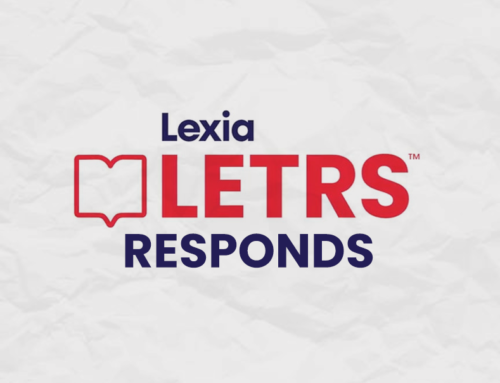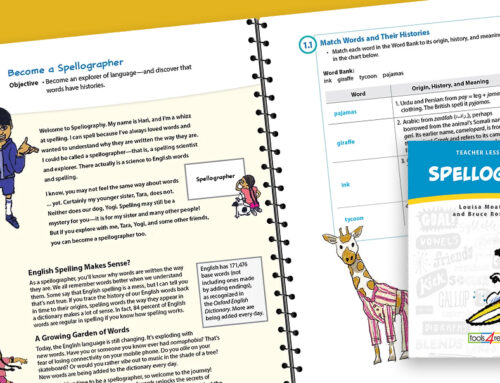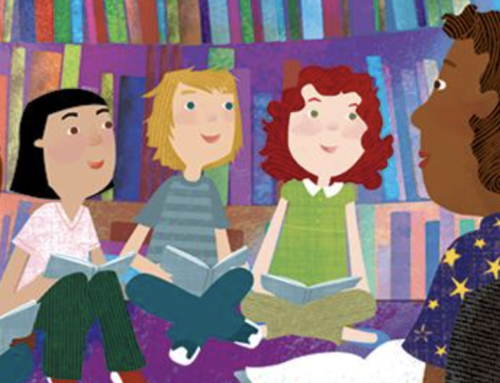
Coming to terms with the challenges dyslexic students face can be daunting. Here, Dr. Louisa Moats dispels assumptions to illustrate five realities about dyslexia that parents and professionals must embrace.
1. Dyslexia is not a gift.
Let’s start with the claim that dyslexia—whether mild, moderate, or severe—is a “gift.” This assertion appears grounded in the observation that some people who have trouble learning to read, write, spell, or use language become successful in life. People who have real trouble remembering printed words are said to “see things differently” or have special cognitive powers. Our best science indicates, however, problem-solving and creative abilities are not more dominate because a person has dyslexia. People with dyslexia may be very good at mechanical problem solving, graphic arts, spatial navigation, athletics, or abstract reasoning—or they may not.
People who succeed despite their academic learning difficulties are a marvel—but their talents exist separate from, not because of, their language-based reading, spelling, or writing problems. Those who experience dyslexia often experience anxiety and other affective challenges. We should not assert that dyslexia and giftedness go hand in hand, or that students are better off because they are afflicted with this condition.







